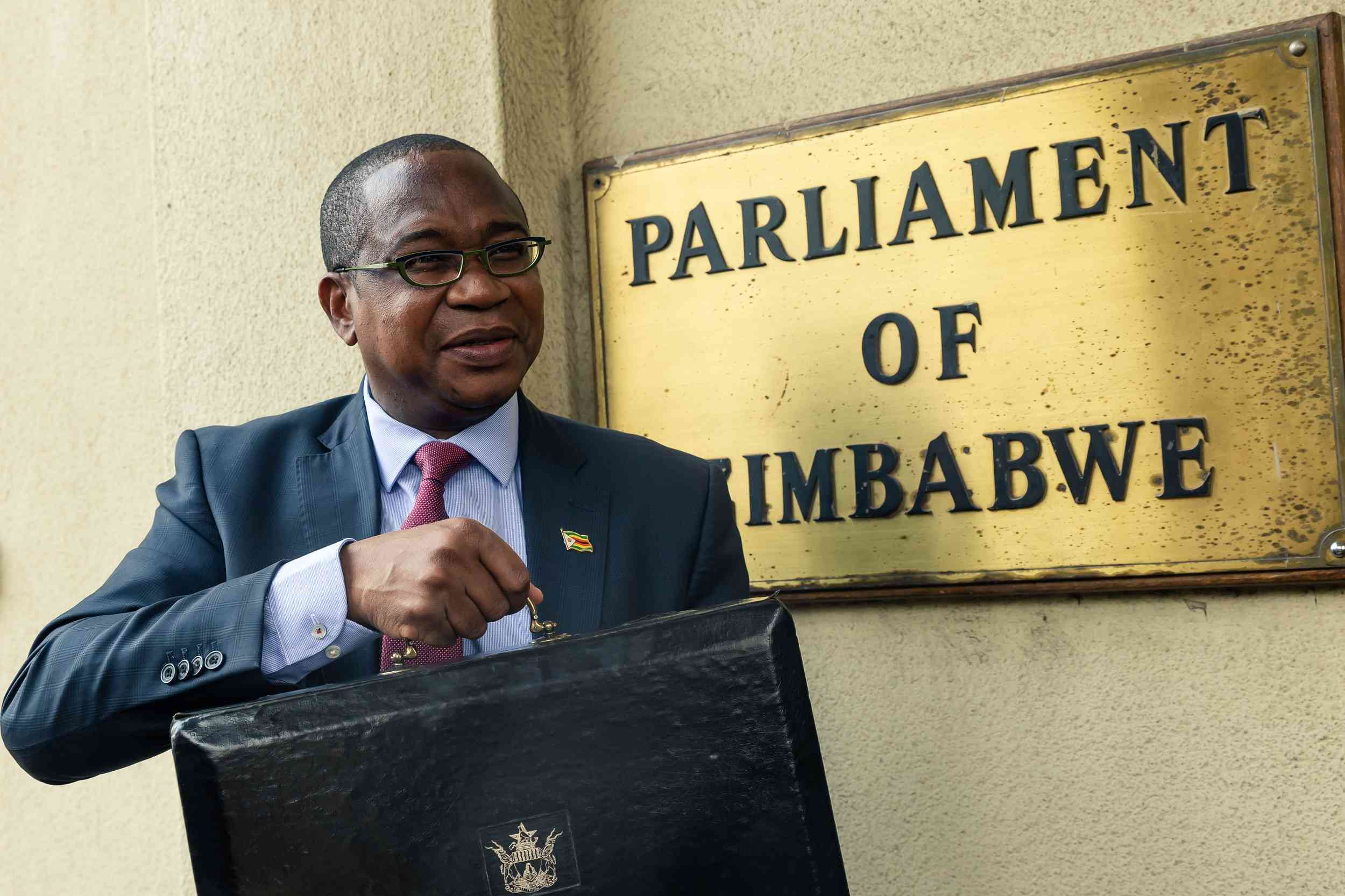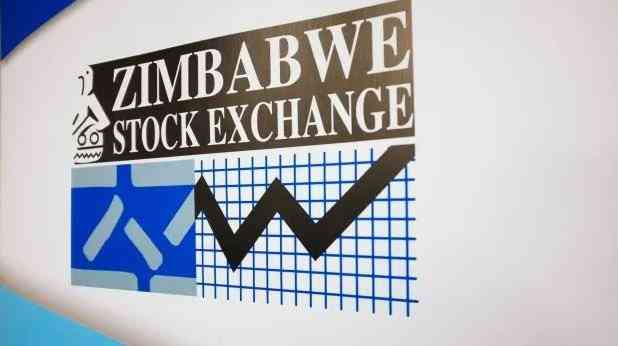
LEGAL think-tank Veritas says illicit financial flows (IFFs) were harming Zimbabwe's economy, encouraging corruption and enriching members of the élite at the expense of ordinary people.
Veritas claimed in its most recent document, "Illicit financial flows emptying Zimbabwe of its wealth," that it was impossible to pinpoint exactly how much money leaves Zimbabwe illegally, but that the sums involved are unquestionably large.
According to reports, Zimbabwe is thought to have lost more than US$32 billion as a result of illicit cash flows between 2000 and 2020. Zimbabwe lost an estimated US$2,83 billion between 2009 and 2013, which is a shorter time frame, researches show.
Zimbabwe lost an estimated US$3 billion in 2019, according to the head of the Zimbabwe Anti-Corruption Commission, Loice Matanda-Moyo.
According to a policy brief published by the Brookings Institute, illicit money flows from Zimbabwe represented 13,9% of the nation's total commerce between 1980 and 2018.
“Illicit financial flows are stunting Zimbabwe’s economy, fostering corruption and enriching members of the élite at the expense of ordinary people. The flows can be curbed, but it may be doubted if the government has the courage and political will to do it – its efforts to date have not had much success,” the paper states.
Zimbabwe experiences illicit financial flows, which is a term that typically refers to cross-border transfers or movements of money or capital linked to unlawful activity but is occasionally expanded to incorporate illegal domestic movements of money or capital. Veritas claimed that illicit financial flows harm nations by taking money away from legitimate endeavours like advancing industry, agriculture, education, health, social services, and infrastructure, in addition to harming society by fostering smuggling, drug trafficking, terrorism, and organised crime.
The group acknowledged that political and economic factors were IFF's main motivators.
- Mavhunga puts DeMbare into Chibuku quarterfinals
- Drama around Ndebele king making a mockery of the throne
- Bulls to charge into Zimbabwe gold stocks
- Ndiraya concerned as goals dry up
Keep Reading
“Zimbabwe’s public institutions are poorly governed and opaque, despite the Freedom of Information Act. Both these features – poor governance and opacity —encourage misappropriation and illicit financial flows,” the report by Veritas states.
“Patronage politics, whereby powerful politicians use State resources to reward individuals and groups for their support, is widespread in Zimbabwe and the boundaries between government and ruling party are blurred; again, both these features encourage illicit financial flows.
“Frequent cabinet reshuffles and demotions have promoted factionalism within the ruling party, leading party members to seek outside resources to fund their political activities, resulting in further illicit financial flows,” it says.
The report states that for 28 of the past 57 years, Zimbabwe has been subject to sanctions of some kind. As a result, businesses and individuals have learned how to use unofficial networks to move money rather than going to financial institutions that might impose sanctions in order to avoid being subject to sanctions.
In addition, the legal think tank claimed that the government's monetary policies, strict control over foreign exchange, and persistently high rates of inflation have encouraged people and companies to keep their foreign currency gains abroad and steer clear of local lending and ownership.
“Shortage of foreign currency within the country has encouraged a flourishing black market where foreign currencies can be bought at premium rates,” it said.
“Differences between the black-market rates of exchange and the official rates have encouraged arbitrage, whereby well-connected members of the élite buy foreign currency from the Reserve Bank at the official rate, sell it for local currency on the black market and use the resulting profit to buy more foreign currency from the Reserve Bank — resulting in an endless cycle of illicit financial flows.”
Veritas suggested that in order to combat the vice, businesses and other entities should reveal who their beneficial owners are, increase accountability and openness in the procurement process, as well as in contracts that dispose of public resources.
Additionally, the group advocated for strengthening border security to prevent smuggling and fortifying law enforcement











